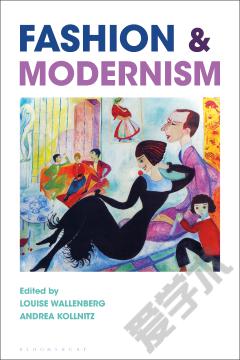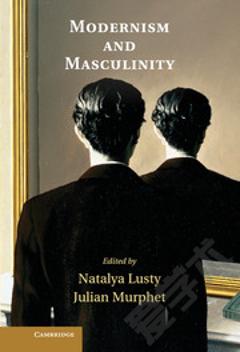Modernism and the Ordinary
Modernism and the Ordinary overturns conventional accounts of the modernist period as primarily drawn toward the new, the transcendent, and the extraordinary. Liesl Olson shows how modernist writers were preoccupied, instead, with the unselfconscious actions of everyday life, even in times of political crisis and war. Experiences like walking to work, eating a sandwich, or mending a dress were often resistant to shock, and these daily activities presented a counter-force to the aesthetic of heightened affect with which the period is often associated. With attentive and sensitive readings, Modernism and the Ordinary examines works by Joyce, Woolf, Stein, Stevens, Proust, Beckett, and Auden alongside the ideas of philosophers such as Henri Bergson and William James. In doing so, the book reveals the non-transformative power of the ordinary as one of modernism's most compelling attributes.
{{comment.content}}








 京公网安备 11010802027623号
京公网安备 11010802027623号